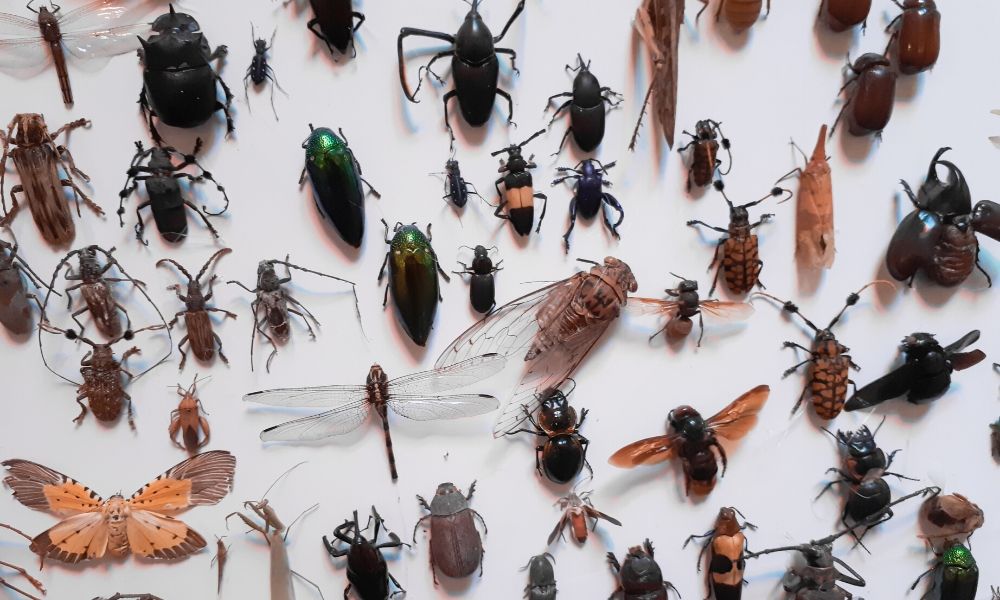Have you ever tried to explain a paper, class, or even your overall major to someone who just doesn’t get it? It can be hard trying to tell people why you’re so interested in a subject—especially if that subject happens to be creepy-crawly insects. Yet the study of insects, also known as entomology, is crucial to our society. Like any other field of study, entomology provides an endless variety of opportunities for you to pursue. You just have to know where to look. If you’re interested in entomology—or if you just want an explanation to give your friends and family—here are some of the reasons why it’s important to study insects.
There Are a Lot of Career Opportunities
When you’re in college, your future career is always at the back of your mind. This is good news for any aspiring entomologists because there are endless careers you can find through the study of insects. It’s not all about pest control, either (although pest control consultants for homeowners and industrial companies are always in high demand). You can help the police by becoming a forensic entomologist. Have you ever considered a career in the arts? Become a consultant for artists, writers, or designers, or create your own work with the knowledge you gain.
Help the Agricultural Industry
The agricultural industry also depends on the study and knowledge of insects. There are a variety of jobs you can have that benefit farmers and their products. You might study the diseases that insects can spread to livestock, as well as preventative measures. Perhaps you lean toward pest control and how we can protect crops and food products from harm. Another major example is the study of pollinators like honey bees, which are invaluable to farmers and their crops.
Help the Environment
Despite their size, insects are an essential part of the ecosystem. One of the biggest reasons why it’s important to study insects is the positive environmental impact you can have. You can work for and with federal government organizations like the Environmental Protection Agency to help advocate for endangered species and their environments. Whether you’re protecting natural habitats from big industry or preventing pests from harming forests and other environments, your work as an entomologist can have a major impact on the natural world.


Leave a Reply